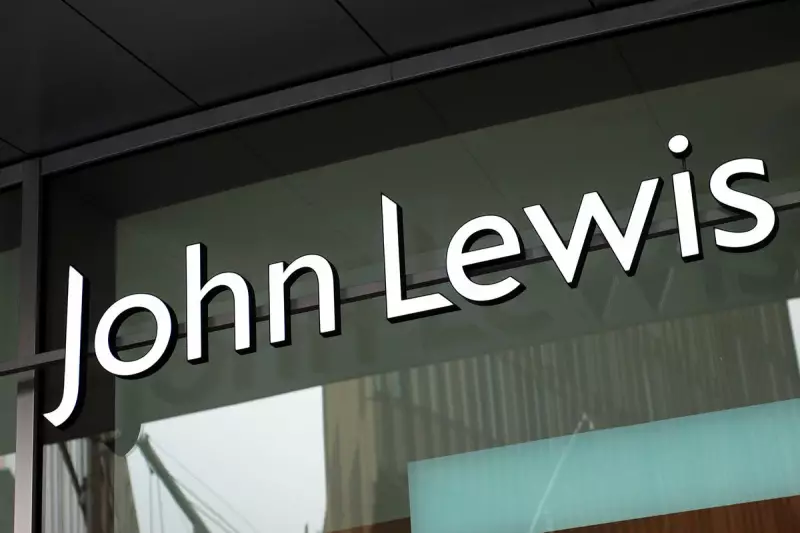
Shoppers eagerly anticipating Black Friday bargains have been issued a stark warning to exercise caution, as a major investigation reveals that the vast majority of promoted deals are not as good as they appear.
The Scale of the Dud Deal Problem
Consumer champion Which? has sounded the alarm for the 2025 shopping season, urging buyers to be wary of jumping on seemingly attractive offers. Their research uncovered a startling fact: eight in 10 products featured in the Black Friday sales event are not actually at their lowest price.
By analysing the pricing history of 175 home, tech, and health appliances from eight major retailers, Which? found that 83 per cent were either cheaper or available at the same price on at least one occasion outside the four-week Black Friday period the previous year.
Retailers Under the Microscope
The investigation singled out several prominent retailers for offering what it termed "dud deals".
John Lewis was identified as having the most questionable offers, with a staggering 94 per cent of its analysed products being available for the same price or less at another point in the year. More than half (56 per cent) were actually cheaper at other times.
Researchers highlighted a specific example of a Samsung vacuum cleaner, priced at £350 at John Lewis on Black Friday. This same product had been available for just £299 for 29 days in May and June 2024.
The ranking of other retailers with high proportions of questionable deals included:
- Very: 93% of deals were the same price or cheaper elsewhere
- Amazon: 88% of deals
- AO: 85% of deals
- Argos: 79% of deals
Glimmers of Hope and Retailer Responses
Not all retailers fared poorly. Richer Sounds was the best performer, though even here, 55 per cent of its products were at least the same price at another time. Which? suggested this indicated "a higher likelihood of genuine deals".
Tech retailer Currys was praised for upholding its 2024 pledge that no sale products would be cheaper in the six months prior to Black Friday. However, the study found that 84 per cent of its products were cheaper or the same price in the six months following the sales event.
The investigation also uncovered tactics used to make deals appear more generous, such as selecting specific Recommended Retail Prices (RRPs) for comparison. Which? gave the example of an Oral B electric toothbrush at Boots, advertised as "save £25, RRP £50". In reality, the £50 RRP was only in place for 13 days in the six months prior to the sale.
Reena Sewraz, Which? retail editor, stated: "Our research exposes the harsh truth: for the majority of shoppers, Black Friday is a false economy. Retailers are relying on hype and urgency to push products that are the same price, or even cheaper, at other times of the year."
In response to the findings, a John Lewis spokesperson defended their position, highlighting their Black Friday event brings together "a unique breadth and volume of offers" and reminding customers of their Never Knowingly Undersold price-matching promise.
An Amazon spokesperson noted that while Which? analysed just 24 products, Amazon's Black Friday event offered "hundreds of thousands of deals". An AO spokesperson welcomed the scrutiny, stating their focus is on "delivering great value every day of the year, not just on Black Friday".





